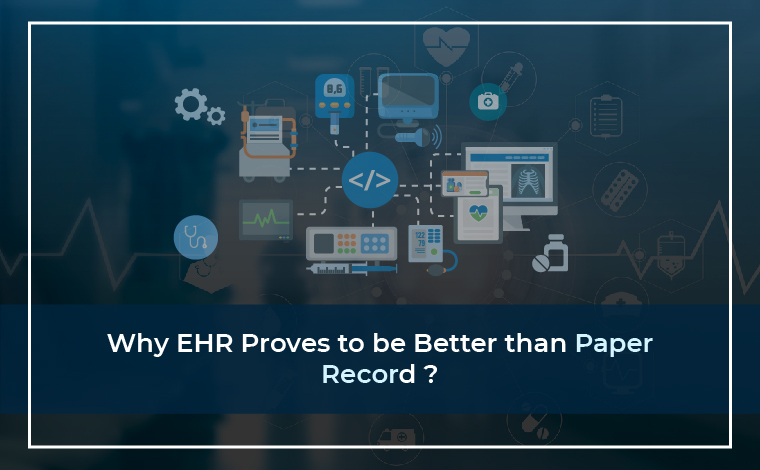


The advancement of technology, particularly with Electronic Health Records (EHRs), has dramatically transformed the healthcare industry. In the past, medical records were entirely reliant on paper documents. While implementing electronic health records does involve some costs, the benefits they bring can significantly reform the healthcare landscape.
Paper-based documentation within healthcare poses several challenges, such as limited access, difficulty in file management, and substantial expenses linked to storage of physical documents. By transitioning to EHRs, healthcare providers can create organized and easily accessible health records. These systems are complemented by various tools that facilitate practice improvement, such as computerized prescribing and ordering systems, all aimed at enhancing the efficiency and security of patient care.
Since the introduction of EHRs, healthcare professionals have delved into the numerous aspects of their usage. While they have recognized the challenges involved, understanding both the benefits and difficulties of EHR solutions is crucial. EHRs streamline processes, empowering doctors to use data more effectively for diagnosing, managing health, and improving the overall patient experience compared to traditional methods of record-keeping.
Innovative solutions such as EHRs also enhance the security of patient health information, enabling medical providers to boost productivity and achieve a better work-life balance. As a result, providers can increase workflow efficiency and accomplish their business objectives more effectively. Notably, EHRs help to lower service costs by reducing paperwork, minimizing duplicate tests, and improving data security and health outcomes.
Electronic Health Records give doctors comprehensive insights into a patient’s medical history, improving the accuracy of diagnoses and reducing the chances of misdiagnosis. Digital prescriptions eliminate the issue of unreadable handwriting, leading to better medication management. EHRs provide robust healthcare solutions, promoting a more efficient pharmacy workflow, enhancing patient medication adherence, increasing support for clinical providers, and ultimately improving patient safety. With numerous benefits for both healthcare providers and patients, electronic prescribing is becoming increasingly popular.
Effective communication is essential for improving care, and EHRs have addressed many issues related to lost files and miscommunications. This digital system is much more reliable than traditional paper-based methods, saving time as doctors can quickly access previous records, and patients benefit by avoiding unnecessary tests or procedures.
Overall, EHRs have significantly enhanced both the quality and availability of healthcare services. Patients now enjoy more personalized treatment options, including the ability to video conference with healthcare providers and schedule appointments from the comfort of their own homes. This technology not only benefits patients but also supports doctors in managing their data more efficiently. Medical professionals now have access to better platforms and networks that allow them to leverage the expertise of their peers, ultimately leading to improved treatment efficiency.
In terms of accessibility, EHRs play an important role. The ability to consult with a healthcare professional right from home represents a major advantage of telemedicine applications, making healthcare more relevant and responsive to patients’ needs.